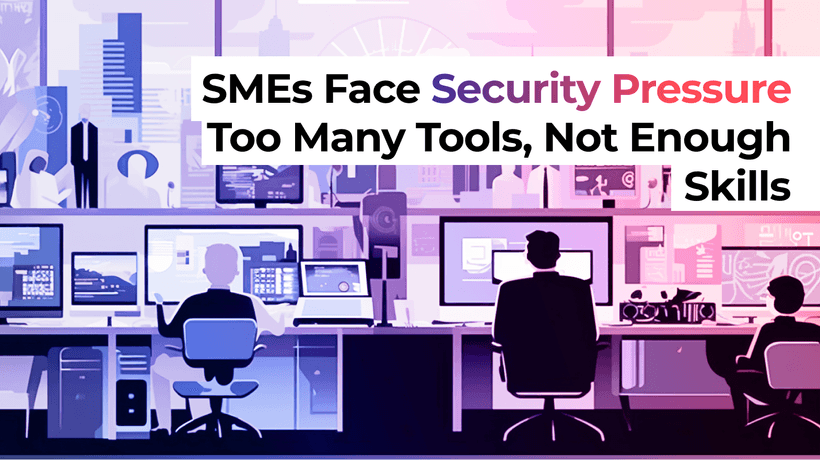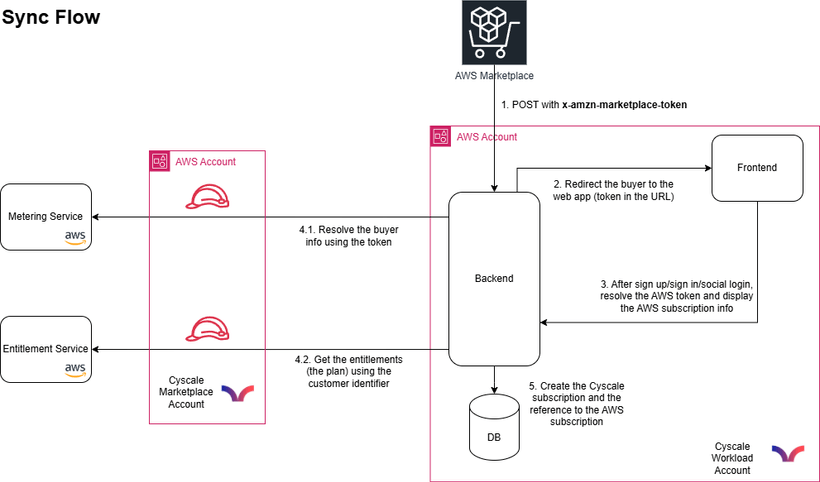SOC 2 vs ISO 27001: What every SaaS needs to know
Cloud Security Analyst at Cyscale
Tuesday, March 29, 2022
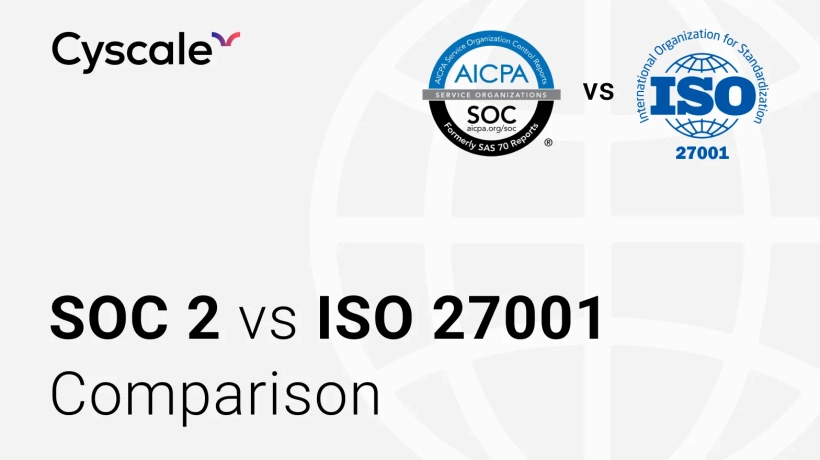
When looking into consolidating your data protection services, you may decide to implement one of the following two standards:
- SOC 2
- ISO 27001
Acquiring one of these accreditations is a thorough process and choosing the right one for your company is the first step.
In case you are a SaaS provider and are not certain which one to choose, keep reading to understand the key differences between them.
What are these accreditations and what is their scope?
The SOC 2 and ISO 27001 standards are normally acquired by B2B (Business-to-business) companies. They:
- represent international standards for Information Security Management Systems (ISMSs)
- describe best practices for service providers who manage customer data
As a SaaS, in order to obtain one of the two accreditations, you must implement all the policies of that standard that apply to your organization.
What do these standards say about your company?
SOC 2 and ISO 27001 are very similar. Acquiring one of them promotes the following principles about your organization:
- You recognize the importance of cybersecurity
- Your company is making efforts to mitigate information security risks
- You are properly managing information security
Given the statements above, you can safely assume that a customer will prefer an organization with one of the described accreditations in their possession, to the detriment of one without any.
A comparison
Geographical recognition
- SOC 2 is governed by The American Institute of Certified Public Accountants (AICPA)
- ISO 27001 was developed by ANSI-ASQ National Accreditation Board (ANAB)
Duration
- SOC 2: an audit takes between 3 to 12 months, depending on the type of audit
- ISO 27001: takes between 12 to 18 months to complete
Validity duration
- For SOC 2: one year
- For ISO 27001: three years (with surveillance audits once every year)
Requirements
For SOC 2, you need to fulfill 64 criteria integrated through five trust service criteria (TSC), as seen below (along with a few criteria examples):
-
Security
- Contains Security Incidents
- Communicates Remediation Activities
-
Availability
- Identify environmental threats
- Measure Current Usage
-
Processing Integrity
- Create and maintain records of system inputs
- Defines processing activities
-
Confidentiality
- Identify confidential information
- Destroy confidential information
-
Privacy
- Use clear and conspicuous language
- Collect information from reliable sources
For ISO 27001, you need to:
- Implement an ISMS (Information Security Management Systems)
- Fulfill 7 requirements with 114 suggested controls divided into 14 sections.
The requirements are described in the following clauses:
- Clause 4: Context of the organization
- Clause 5: Leadership
- Clause 6: Planning
- Clause 7: Support
- Clause 8: Operation
- Clause 9: Performance evaluation
- Clause 10: Improvement
In the Annex of ISO 27001, you can find a list of controls and objectives to help you meet the requirements.
You can find more information here.
Price (of audit)
- For SOC 2, the cost depends on the type of audit and can range between $5,000 and $60,000 with an average of about $20,000.
- For ISO 27001, the price of an audit depends on the number of employees in the organization. It can go as low as $5,400 up to $27,000.
It is important to note that the price of implementing the standards may significantly increase the total cost of obtaining the accreditation.
One thing to note is that, although SOC 2 and ISO 27001 seem very different, their specifications overlap.
The level of similarity between the requirements of the two depends on:
- The type of business you run
- The scope of the audit
The similarity can be between 53% and 90%, according to AICPA’s mapping to ISO 27001.
Taking into account all of the differences and similarities of the SOC 2 accreditation and the ISO 27001 certification, you can now choose the best standard for your company.
Finally, implementing all the policies required by the described standards can be a difficult and time-consuming task.
You can make this process easier for you.
With Cyscale, you can ensure easy and continuous compliance for ISO 27001.
Cyscale helps you meet the much-needed requirements described by this standard.
Cloud Security Analyst at Cyscale
Sabrina Lupsan merges her academic knowledge in Information Security with practical research to analyze and strengthen cloud security. At Cyscale, she leverages her Azure Security Engineer certification and her Master's in Information Security to keep the company's services at the leading edge of cybersecurity developments.
Further reading
Cloud Compliance in
2025: An In-Depth Guide
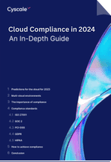
The whitepaper talks about ISO 27001, SOC 2, PCI-DSS, GDPR, HIPAA.
Download WhitepaperCloud Storage
Misconfigurations
Build and maintain a strong
Security Program from the start.
Share this article
Stay Connected
Receive our latest blog posts and product updates.
TOP ARTICLES
Compliance
Our Compliance toolbox
Check out our compliance platform for cloud-native and cloud-first organizations:
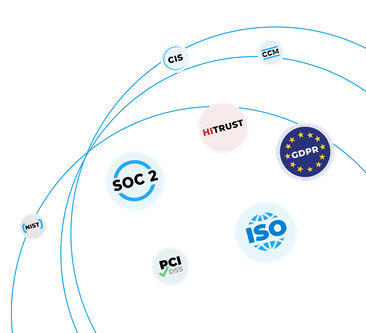
LATEST ARTICLES
What we’re up to
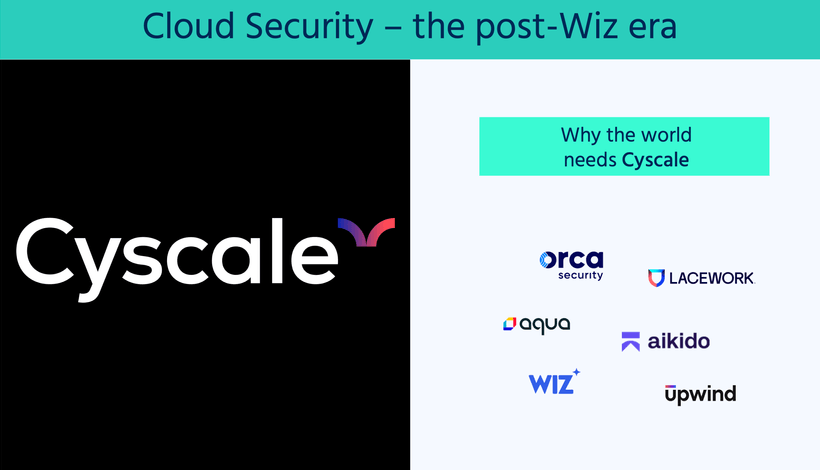
Why the world needs Cyscale in a post-Wiz era
